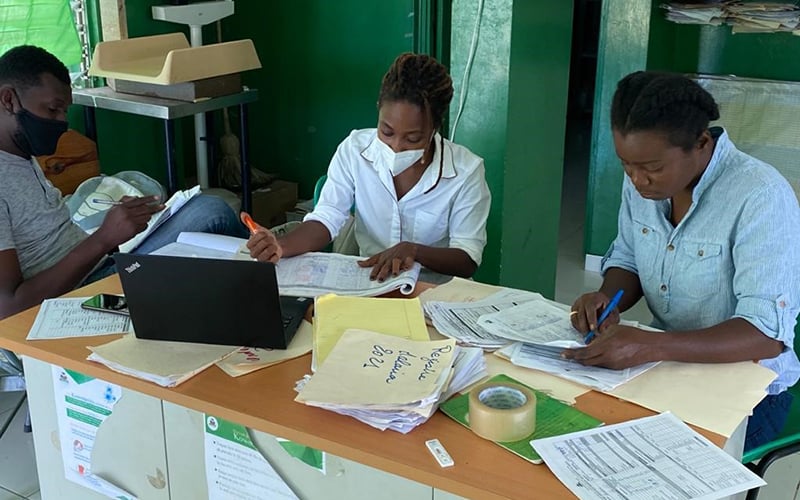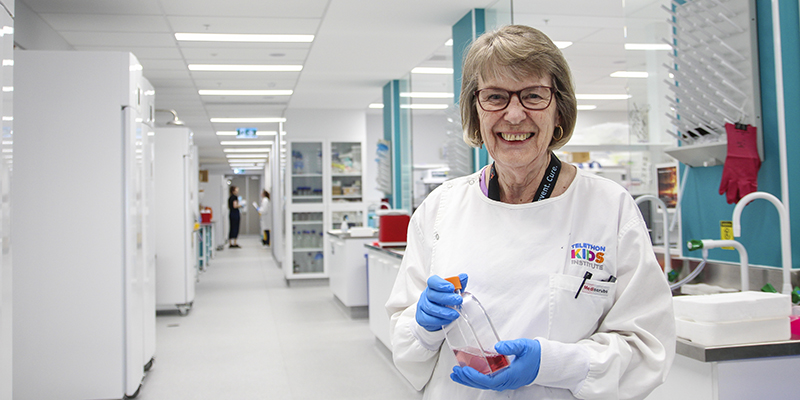Search

News & Events
The Kids Research Institute Australia research projects supported with WA Near-miss Awards14 important The Kids Research Institute Australia research projects have received support under the inaugural WA Near-miss Awards (WANMA) funding program.

News & Events
Global research team develops fine-scale risk maps to tackle malaria in HaitiResearchers from The Kids Research Institute Australia in Perth and Tulane University in New Orleans have developed sophisticated data modelling that could help eradicate malaria in Haiti.

News & Events
Supporting your kids during a pandemicMailing list Discover. Prevent. Cure. Be Inspired About The Kids Join thousands of active subscribers and hear about the brave kids, dedicated

News & Events
Farewelling Jette Ford – a The Kids legendThe Kids Research Institute Australia has farewelled one of its most treasured employees, with research officer Jette Ford closing the door on a quietly stellar 37-year career which has changed the face of cancer research in WA and around the world.

News & Events
Global organisation backs Strep A vaccineA global philanthropic organisation has backed an Australian-led bid to develop a Strep A vaccine which could save millions of lives around the world.

News & Events
Ear Explorers shows latest video technology helps ear disease diagnosisFindings from The Kids Research Institute Australia’s ‘Ear Explorers’ real-life research project undertaken as part of the 2019 Telethon weekend, found short videos were more helpful than photos when making a diagnosis.

News & Events
World-first study shows increased atmospheric CO2 levels damage young lungsAustralian researchers who have conducted the first study looking at the direct health impacts of predicted carbon dioxide levels say the results are worrying and highlight the urgent need for more research into the issue.

News & Events
Alcohol labels a win for Australian babiesPerth’s The Kids Research Institute Australia has praised the Food Safety Ministers of Australia and New Zealand for standing firm and putting children first by approving the recommended red, black and white mandatory warning label on alcohol products.

News & Events
The power of pooches: pre-schoolers benefit from having a family dogThe benefits of owning a dog start even earlier than previously thought show new research from The Kids Research Institute Australia.

News & Events
How to support your kids through the next phase of COVID-19In Western Australia we have so far been remarkably successful in flattening the curve and preventing the community spread of COVID-19.
